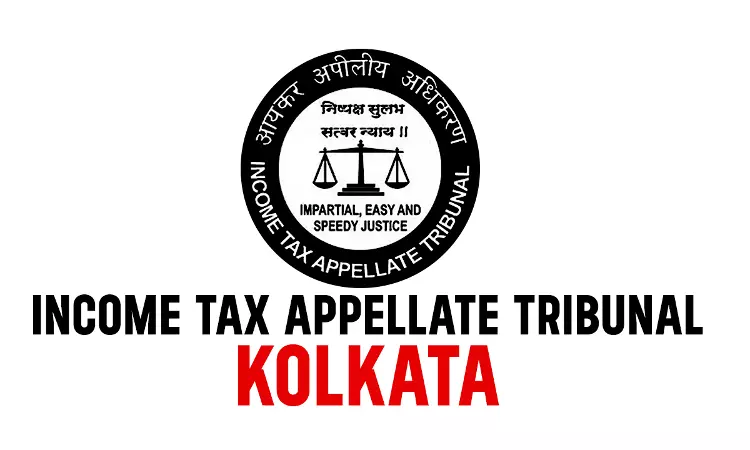While quashing the invalid exercise of jurisdiction by PCIT u/s 263 of the Income Tax Act, without satisfying the conditions precedent for such section, the Kolkata ITAT held that the PCIT cannot invoke the jurisdiction u/s 263 to substitute his view in place of AO on the ground that he does not agree with the view taken by the AO. The Bench of the ITAT comprising of Sanjay Garg...

